“ . . . we urge the Service to abandon both the approach in the proposed rule and the existing ‘facts and circumstances’ test. We respectfully submit that the Service needs to offer a clear and easily interpreted rule on what constitutes express advocacy and a firm answer on how much such activity will result in denial or revocation of exempt status.”
The ACLU’s comments are thorough and thoughtful. They include numerous examples of how the proposed rules pose a serious threat to an informed citizenry. Notably among them is that the 30/60 days’ “blackout” periods leading up to elections would cover vast amounts of online content that have absolutely nothing to do with partisan politicking, such as copies of publicly filed lawsuits with government defendants, requests under the Freedom of Information Act, and 50-state legal surveys that include the names of covered officials. The ACLU notes that its comments submitted to the IRS would be considered prohibited candidate-related political activity if posted to the ACLU website during an election blackout period. In practice, the ACLU explains, blackout periods would overlap, and ultimately extend far beyond the stated 60-day period when one accounts for various party primaries in advance of an election. The result would be as many as nine months during which nonprofit voter education mentioning the name of any presidential candidate or political party would be completely silenced.
The ACLU’s submission makes a number of broad and incisive arguments in favor of bright-line standards defining candidate-related political activity that would apply universally to all relevant 501(c) organizations and reconcile interpretations of Section 527 (describing political organizations like PACs) with the 501(c) rules. The ACLU proposes drawing a bright line at words that expressly advocate the election or defeat of clearly-identified candidates, not including messages recognized by the U.S. Supreme Court as the “functional equivalent” of express advocacy. However, setting the line at express advocacy would permit (and likely instigate) a flood of thinly-disguised “issue advocacy” advertisements that attack or praise candidates, subsidized by 501(c) organizations, including charities.
As we explained in a prior post, the express advocacy standard may not be much of a line at all. It would greatly curtail the ability of the IRS to keep partisan political activity out of the charitable sector and potentially harm the nonpartisan integrity of many 501(c)(3) organizations.

